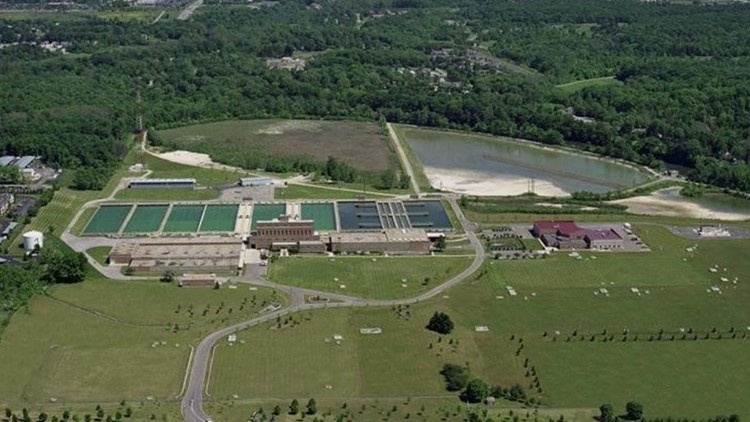COLUMBUS, Ohio — The City of Columbus will be converting its current water treatment system at Hap Cremean Water Plant, which uses chlorine gas, to a liquid sodium hypochlorite system.
The HCWP, located on Morse Road, is the largest of three drinking water plants that the city owns and operates. The project, approved on Monday during a City Council meeting, authorized an expenditure of up to $31 million.
While the chlorine gas method has proven to cut costs and provide reliable disinfection at the plant, it reportedly poses potential hazards to those working with it. According to the CDC, chlorine gas can cause a burning sensation in the mouth and throat, irritation to the digestive tract and stomach and chest pain and coughs.
This is not the first drinking water plant in the city to undergo the transition. The city’s Dublin Road Water Plant was converted to sodium hypochlorite in 2008.
Additionally, at Parson Avenue Water Plant, chlorine gas has been used to disinfect the treated water prior to it entering distribution for more than 60 years, according to the city. The city says the PAWP conversion will follow the evaluation of bids received and is scheduled to begin this spring. The project is expected to wrap up in the spring of 2026.
According to the city’s website, these projects are part of an ongoing program to upgrade city treatment facilities to provide safe, efficient, reliable and cost-effective operations to approximately 1.2 million customers.
The improvements are not expected to have any adverse environmental impacts.
Funding for the project is coming from the Ohio EPA’s Water Supply Revolving Loan Account Program.



